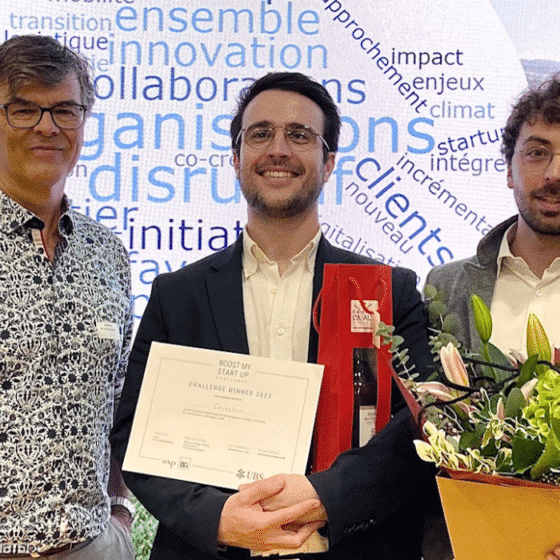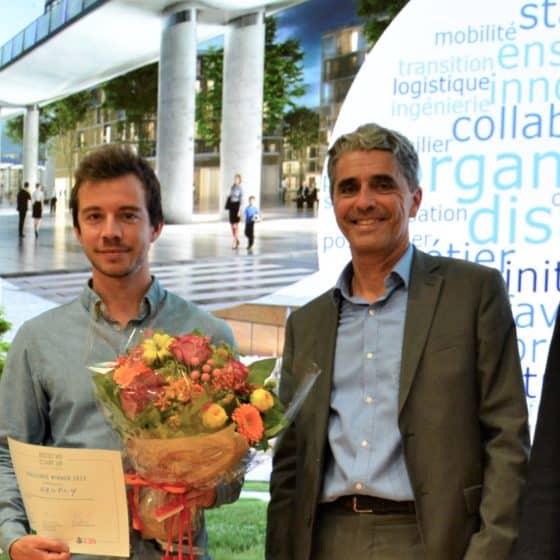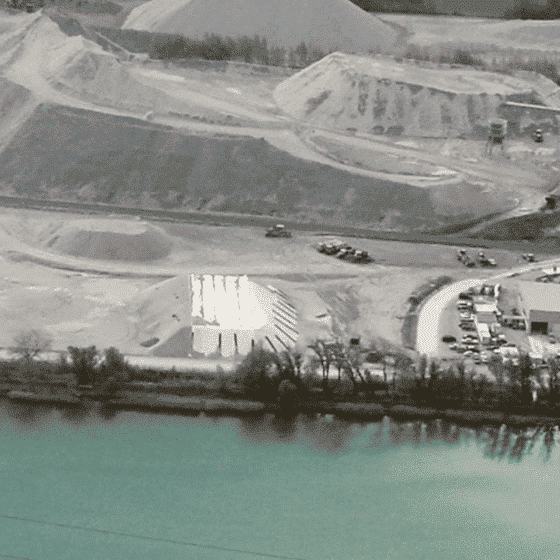Improvements in the interests of energy efficiency
Energy transition is underpinned by the 3 fundamental concepts of restraint, energy efficiency and the development of renewables.
- The use of less energy to perform the same task is the basic premise of energy efficiency. The measures introduced to improve the energy efficiency of a building, an industrial process or a company include thermal insulation of buildings, replacing filament bulbs with LED lighting, using equipment to improve energy performance, producing eco-designs based on an analysis of all the inputs required to develop the product or undertake the project, etc.
- Producing and/or procuring energy from renewable sources in order to meet our residual energy needs: solar, wind, biomass, waste recovery, heat pumps, etc. Local energy production can create jobs, breathe new life into the most remote regions and promote social cohesion.
We need to improve the way in which we use available energies, i.e., rationalise and optimise their use. Work with us and together we can tackle this challenge head on. We are proud to do out bit to facilitate climate transition and help improve quality of life.
Eco-friendly buildings
The building sector accounts for the largest share of greenhouse gas emissions (25%-30%). Carbon emissions are released from a building over the 3 phases of a building’s life cycle: Construction – Operation – End of life.
The construction phase covers the emissions produced during the manufacture (extraction of raw materials and transformation), transport and storage of materials, i.e., grey energy. During the operation phase, the building sector is particularly gluttonous, as evidenced by the energy efficiency measures and energy standards currently being rolled out. BG liaises with its customers to design more eco-friendly buildings, whether in the context of new builds, refurbishments or energy-efficiency renovations.
The Building solutions we provide cover the following aspects:
- Eco-design
BG’s advice is geared towards lowering consumption (choice of materials, insulation thicknesses, heat production systems and renewable energy systems). - Building energy audits to determine potential savings
An energy performance assessment of the Building is produced. Energy renovation measures are subsequently proposed for the building’s envelope and technical installations. Prospective investments are compared with expected savings. These measures are supported by proposals relating to financing models. - You comfort is factored into the physics of the building
Our solutions consider building physics with a view to enhancing comfort in living areas. We are able to detect heat bridges, optimise acoustics and manage humidity. - Optimising energy consumption during operation
Energy consumption can be optimised by adjusting heating curves, minimising air flows, optimising circulation pumps, etc. Our Group is certified in accordance with Energo.
Energy efficiency in industry and water treatment
Stringent regulatory constraints tend to focus on industrial facilities and are a major headache for operators. The multi-disciplinary teams of BG strive to minimise environmental impact and offer appropriate advice at every stage of an industrial project: creation, routine operation, modification and suspension of activity. Our services include:
- Preliminary and in-depth industrial audits
While the primary purpose of the audit is to maximise potential savings, it also seeks to develop and quantify the most cost-effective measures. - Optimising the energy efficiency of wastewater treatment plants
BG has acquired almost 50 years’ experience in the design of wastewater treatment plants. We draw on all our expertise to design and renovate energy-efficient or even energy-plus wastewater treatment plants! - Energy integration studies (Pinch method)
Pinch analysis is particularly relevant in cases where the process is characterised by multiple heating and cooling requirements. Processes use this method to prioritise and systematically implement heat exchanges between heating and cooling flows and to increase energy efficiency far in advance of the limits reached by traditional techniques, on the basis of local improvements and the optimisation of utilities.
- Utilities production and distribution analysis (steam, hot water, chilled water, compressed air, ventilation)
Analysis of energy production and distribution, temperature levels, buffer stocks, leakage, length of networks and leaks. Feasibility study relating to the proposed deployment of innovative and targeted technological solutions in the industrial sector. Recovery of waste heat. - Energy performance validation (IPMVP)
Validation of the energy saved on the basis energy performance measures by the IPMVP- International Performance Measurement and Verification Protocol. This method determines the extent to which the saving is affected by external conditions such as changes in weather conditions or production. It is commonly used in the energy contracting sector and is becoming a more prominent mechanism for Cantonal authorities in the context of target-based agreements with the largest consumers.


News and blog
We are at your service. Please contact us!
Eline Mignot
Geoffrey Quintas Neves
Contact one of our offices
Contact one of our offices by clicking the link below.
Signup to our newsletter










